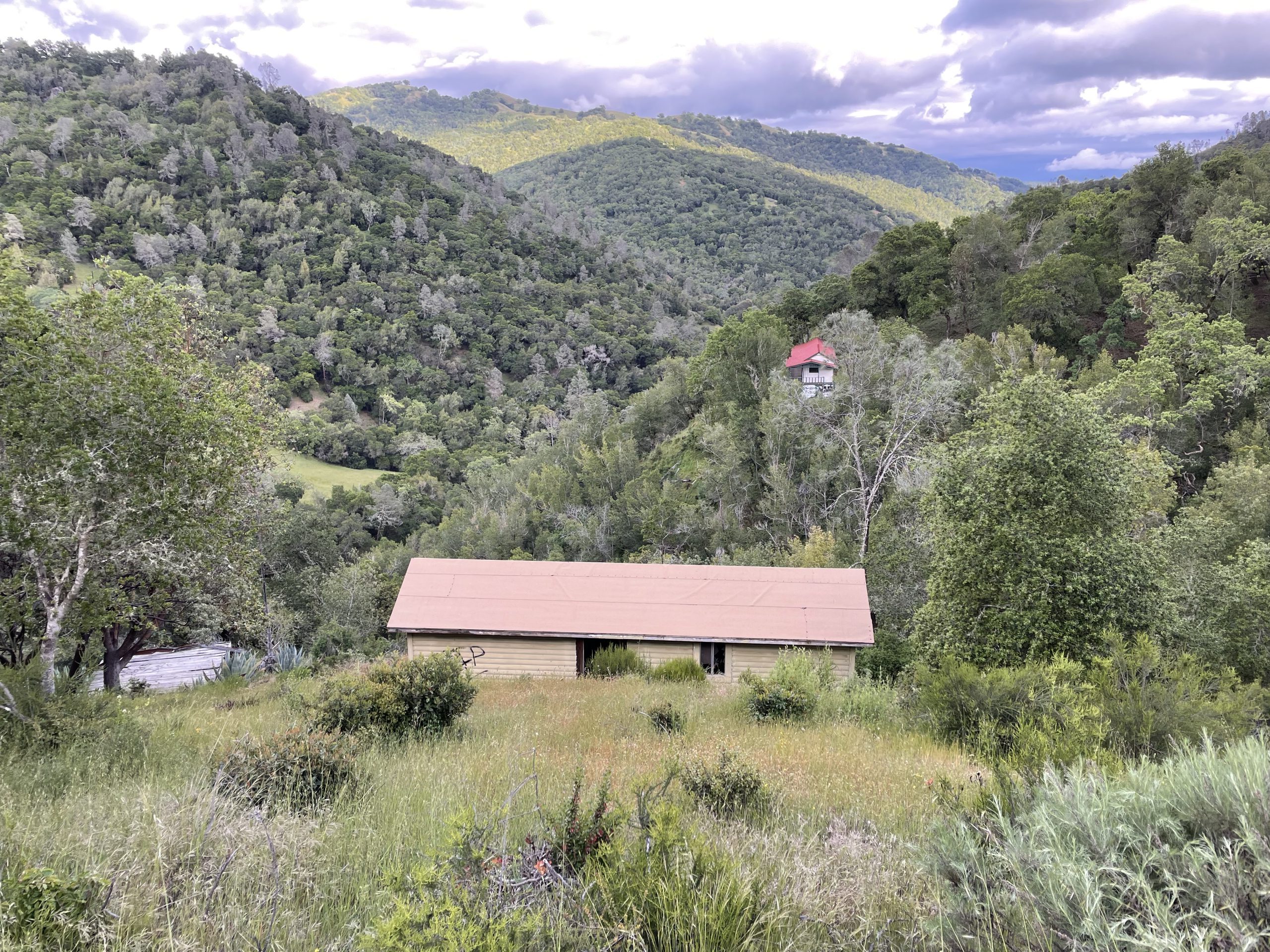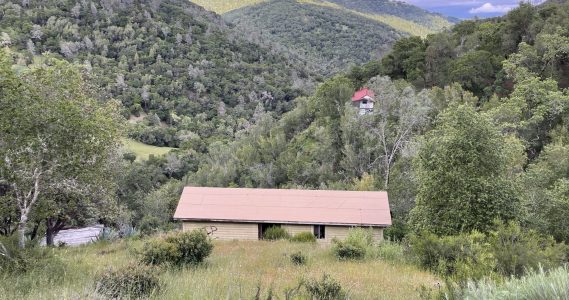Enomoto Cabin, CA 2024
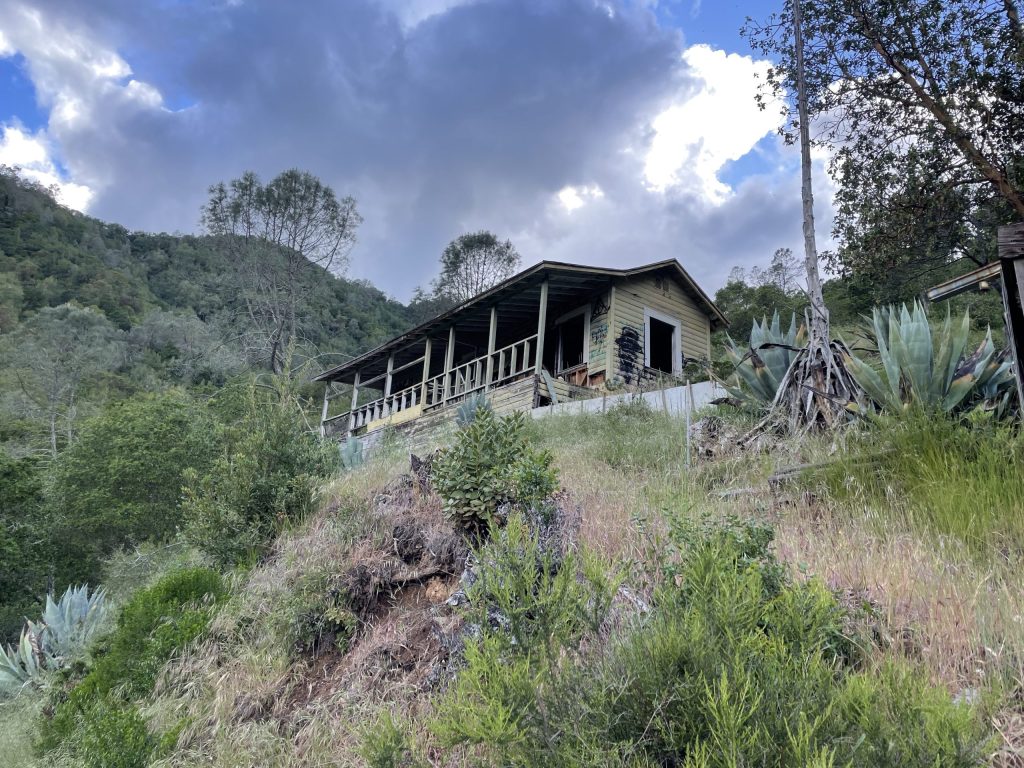
We’re returning to the Gilroy Yamato Hot Springs to preserve the Enomoto Cabin which has fallen into disrepair from vandalism and neglect!
PROJECT PARTNER: Henry W. Coe State Park
SESSION DATES: May 26-31 and June 2-7
PROJECT SUPERVISOR: Patrick Kennedy!
CREW LEADER: TBD!
Project Site Description & History
Enomoto Cabin is part of the Gilroy Yamato Hot Springs. Its historical significance spans several generations from the late 1800s through the roaring 1920s and World War II. Established in the 1870s, the compound quickly gained popularity as a lavish bathhouse and clubhouse for the wealthy. It became a vibrant social hub in the 1920s, hosting bootleg liquor parties with slot machines and carefree attitudes.
In 1938, Kyuzaburo Sakata, a successful Japanese lettuce farmer from nearby Watsonville, bought the compound with the aim of creating a cultural and community center for Japanese Americans. However, his plans were disrupted by the bombing of Pearl Harbor, which led to his internment in one of the U.S. Government’s Internment Camps. After his release, Sakata returned home but was unable to restore the compound to its former glory.
In 2003, the California Department of Parks and Recreation purchased Yamato Hot Springs, integrating it into Henry W. Coe State Park. It is now recognized as a California Historic Landmark and is listed on the National Register of Historic Places. HistoriCorps is excited to return to the Gilory Yamato Hot Springs this season to perform some much needed TLC on the Enomoto Cabin which has fallen into disrepair from vandalism and neglect. Come spend Memorial Day preserving an integral part of this fabled compound.
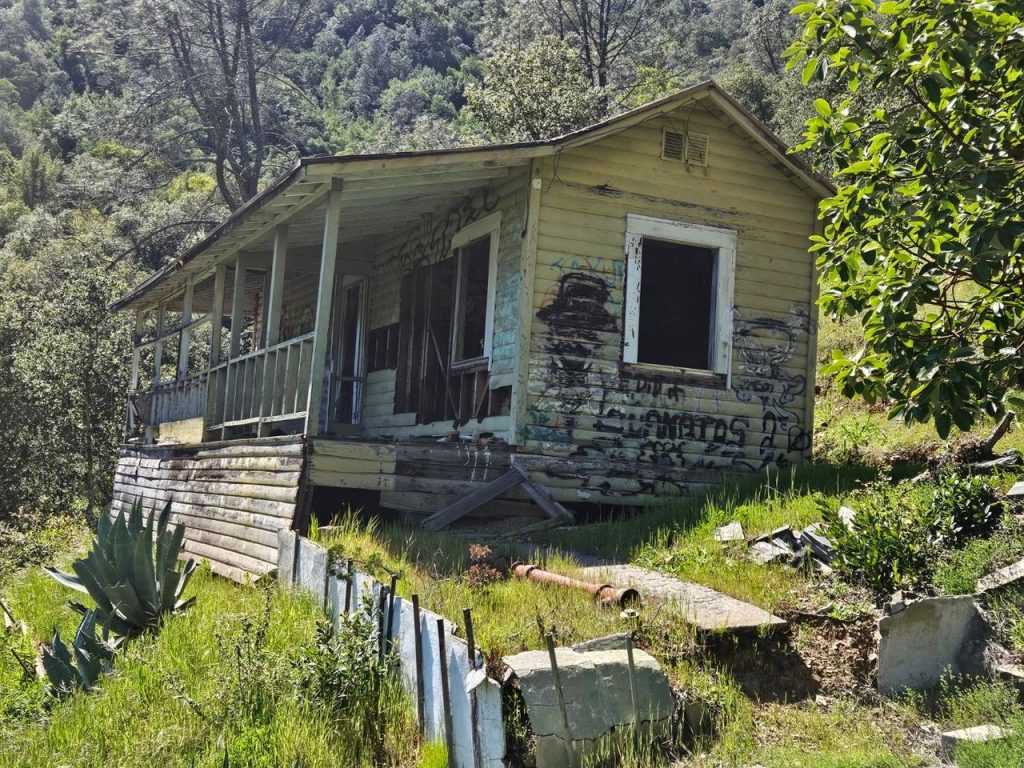
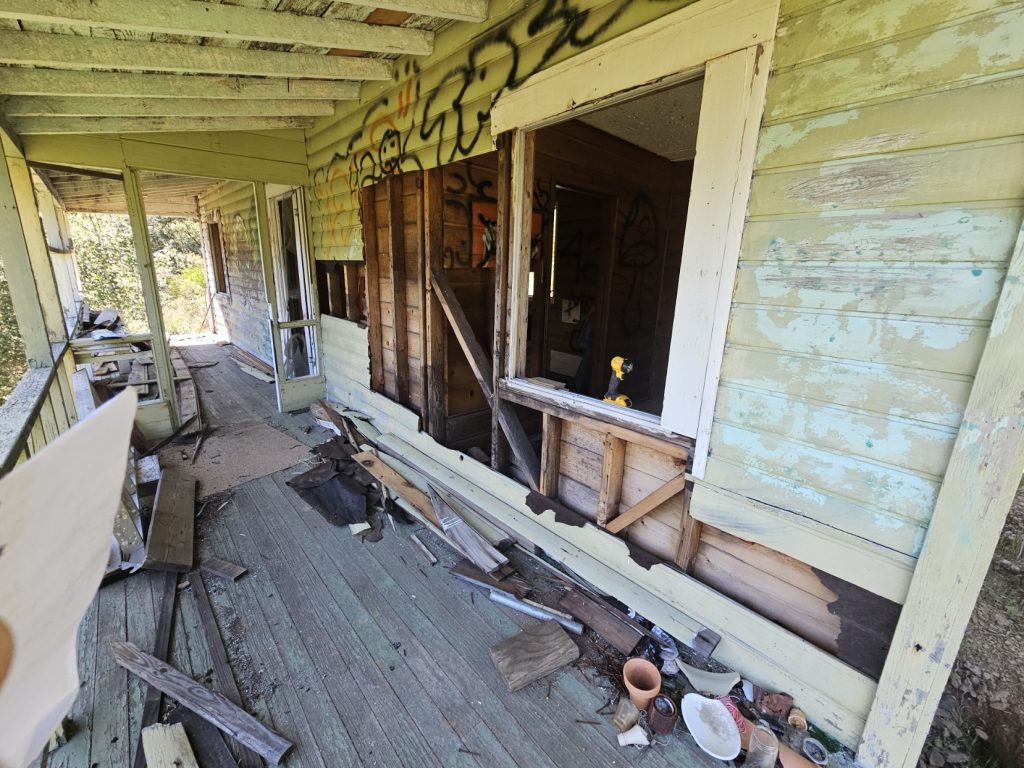
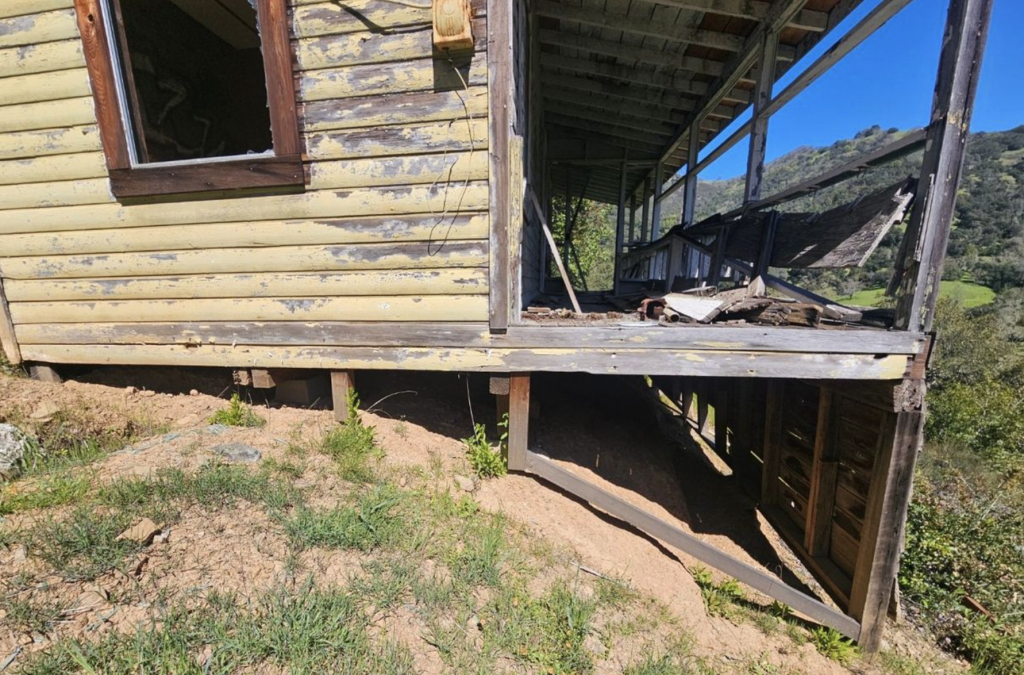
Location and Logistics
SESSION DATES: May 26-31 and June 2-7
Please plan to arrive at the campsite no earlier than 5pm and no later than 7pm on the first day of your session.
LOCATION: Located roughly 70 minutes southeast of San Jose, CA.
MAP to ENOMOTO CABIN
Tents, truck-campers, campervans, trailers, and RV’s up to 32′ will have access to our campground. Hookups are not available and dogs will not be allowed on this project unfortunately. Showers will be available.
WEATHER: Anticipate highs in the 80’s and lows in the 40s. Weather conditions may be rainy, cloudy, or sunny. Volunteers are responsible for checking weather conditions before their session begins, and packing appropriately.
ABOUT VOLUNTEERING: HistoriCorps projects are free for volunteers! HistoriCorps will provide all meals, tools, training, equipment, and a campsite. Volunteers are responsible for their own transportation to the campsite, sleeping equipment, work gloves, clothes and boots, and other personal gear.
Scope of Work
HistoriCorps is committed to educating and training volunteers in preservation skills, with an overarching mission of inspiring a preservation ethic in all those involved. Learning and working alongside expert HistoriCorps field staff, volunteers and applying the traditional skills necessary to restore the Enomoto Cabin:
- Rehabilitate wooden sashes and frames of windows.
- Finish carpentry on siding, doors, and trim of the cabin.
Please note: Tasks vary by day and by week, depending on a variety of factors including: weather, project priorities, previous groups’ work, and more. Though it is likely you will get to learn and practice most or all of the above tasks, it is not guaranteed. The higher percentage of the scope a particular task is, the more likely you will get to practice it.
Sign Up!
We’re thrilled this project has inspired you to volunteer!
CLICK HERE TO REGISTER!
Visit our Job Calendar to see spaces are available!
*All registrations submitted to projects at capacity will be automatically added to our waitlist.*
CANCELLATIONS effect our ability to complete projects. Please register only if you are certain about your ability to participate.
You will know your registration was successful when you receive a confirmation email. Contact volunteer@historicorps.org for assistance.
HistoriCorps does not charge for its volunteering projects. HistoriCorps relies on donations to continue engaging volunteers to save significant historical sites across America for generations to come. Your donation of any amount will make an incredible difference! Increase your impact – make a generous gift today.
Volunteer Logistics, Policies, and Advice
We’re so glad you’re interested in joining this project! If you’re new to our community, review the Volunteer FAQ first! Please note the following logistics and policies:
- Volunteering with HistoriCorps is free! We will provide all meals, tools, training, equipment, and a campsite or shared indoor lodging. Dinner is not provided on the first night.
- Volunteers are responsible for bringing their own gear, work gloves, sturdy work clothes and boots, and appropriate sleeping equipment. Check the average temperatures before you start packing – the nights and mornings may be colder than you anticipate! Then, read this advice about how to stay warm when tent camping in colder places.
- Campsite accessibility varies by project. Some projects can accommodate tents only; others can accommodate small RVs. Please review the project site description above for more information, and if you’re still not sure, email volunteer@historicorps.org for help.
- If this project does not offer showers, you might want to consider bringing a solar shower or research other methods to clean up after the work day.
- Volunteer crew sizes generally range from 4-8 volunteers, with two HistoriCorps staff that lead and train volunteers in the work.
- Safety is one of HistoriCorps’ top priorities, and volunteers can contribute to a safe working environment by ensuring their physical fitness is adequate for the work. See above for this project’s scope of work and difficulty level. Please, call us if you are not quite sure if a project is a good fit for your skills or fitness level. We may be able to suggest a project more suitable and enjoyable for you.
- Hard hats, eye protection, ear protection, gloves are standard personal protection equipment (PPE) required on all projects. Hard hats must be worn at all times on the project site, unless working in a designated safe space. Field staff will train volunteers on correct use of PPE.
- Dogs are generally allowed to accompany their humans in project campsites (actually, we love having dogs join us around the campfire!). Dogs are not permitted on the job site for everyone's safety. HOWEVER: HistoriCorps also follows the rules and regulations of our project partner. If the project partner does not permit dogs onsite then HistoriCorps is no exception. Please ask HistoriCorps or the project partner directly if you have any questions about whether Fido is welcome.

